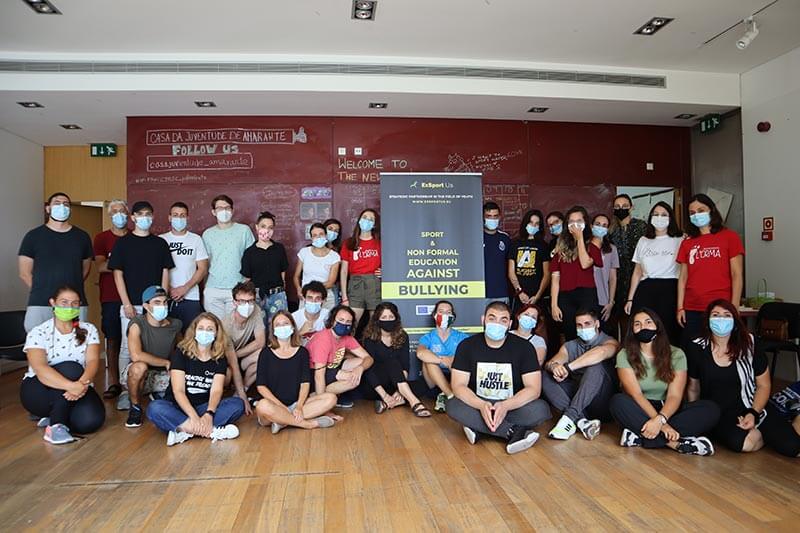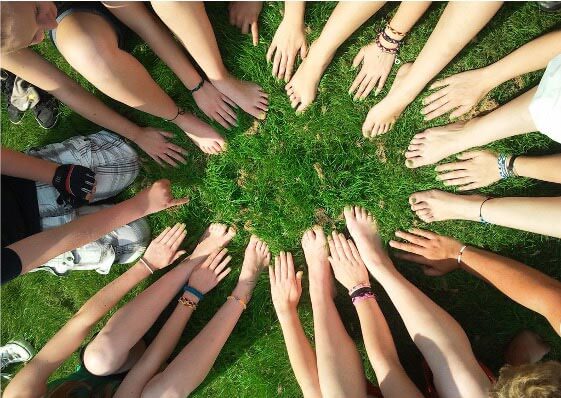
It addresses the phenomenon of bullying among young people. The project focuses on using non-formal education and sport as tools of inclusive education in order to promote social inclusion. What is bullying? Olweus (1993) defines bullying as an “intentional and aggressive behaviour occurring repeatedly against a victim where there is a real or perceived power imbalance, and where the victim feels vulnerable and powerless to defend himself or herself. The unwanted behaviour is hurtful: it can be physical, including hitting, kicking and the destruction of property; verbal, such as teasing, insulting and threatening; or relational, through the spreading of rumors and exclusion from a group”.
According to the United Nations Children’s Fund (UNICEF): “The most vulnerable children face a higher risk of being bullied. These are often children from communities that are marginalized, children from poor families, children with different gender identities, children with disabilities or migrant and refugee children. In the case of Italy, a survey among middle and high school students indicated that as many as 27% of students were victims of bullying. For Bulgaria, statistical analysis reported that 25% of students suffered victimization by their peers at least once per wee, with 10% of students reporting to have engaged in bullying. National research in Portugal (Lisbon, as well as northern and southern regions), show 20-25 percent of school children have been bullied, either verbally or physically. New concerns are also brought about by the growing digital dimension of bullying, which, in extraniating bullying phenomena from the physical dimension of Schools and arenas of social interaction, calls for a priority effort to act on the dimension of non formal learning as a means of countering radicalization and promoting inclusive behaviours in all the areas where youngsters are engaged, both as individuals and members of physical/digital communities.
Export Us empowers operators and organizations in the field of youth with effective methods to counteract bullying phenomena through direct education of the ultimate category of youth.
We believe that using non-formal learning methods and sport as tools can contribute preventing social exclusion, as well as have the power to diminish social barriers. Sustainable bullying prevention is connected to and predicated upon the promotion of equity and inclusion.

Acquisition of new knowledge and skills, allowing them to provide a targeted offer for contrasting bullying through non-formal education methods and sport. Increased role in contrasting the phenomenon, empowering their organizations.
Increased awareness on bullying and its psychological effects.